
The three kits every home should have
Welcome to The three kits every home should have !
Teacher: [threelade]

Students:
1.
2.
3.
4.
5.

Brief Outline:
1. The Home Tool Kit
2. The First Aid Kit
3. The Sewing Kit

The Home Tool Kit
Every home will eventually need an assortment of tools for minor home repairs. It’s a good idea to gather these tools before you have need of them. Most are fairly straight forward but a few could use a little bit of an explanation. Cutting pliers can be used for cutting nail heads that stick out off so that they don’t present a hazard. Nail sets are used to drive the nail just under the surface so that you don’t need to use the cutting pliers. Safety glasses should be worn whenever you are using a hammer to prevent something from flying up into you eyes. Butt connectors are used to reconnect wires that have been separated. Wire strippers are used to strip the plastic coating from the wires so that they can be reconnected or capped. Wire strippers will also crimp butt connectors so that the wires don’t come apart. Cap nuts are used to cap off any type of electrical connection. Electrical tape is used to insolate any connection made by butt connectors or any wire capped off. Remember, when working with electricity disconnect the power source first.ne
Needle nose pliers
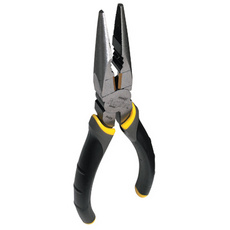
Cutting pliers
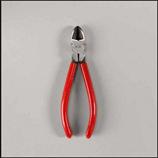
Vice grips
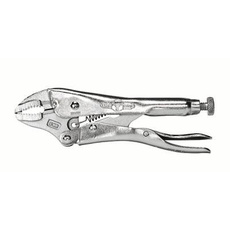
Nail punch set
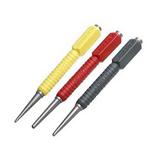
Claw Hammer
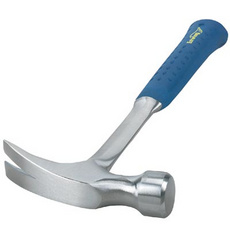
Pry bar
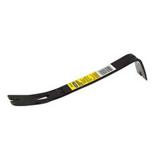
Screwdrivers Phillips and slotted
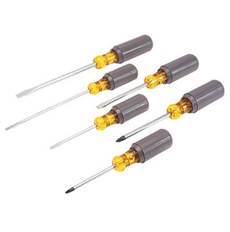
Tape measure
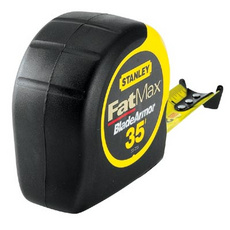
Adjustable wrench

Safety glasses
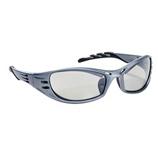
Slip joint pliers
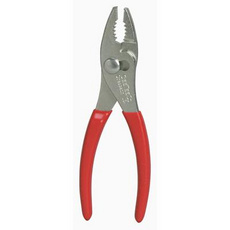
Small tool box
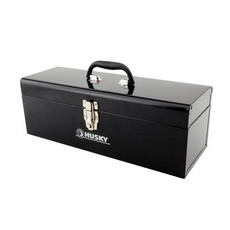
Butt connectors assorted sizes

Wire caps assorted sizes

Electrical Tape
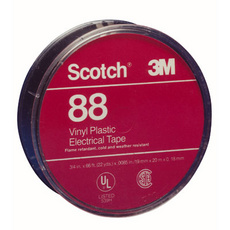
Wire strippers
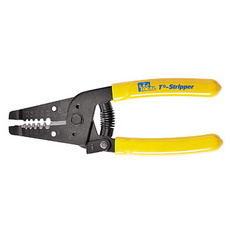

The First Aid Kit
Every home should have a basic first aid kit for those minor bumps and bruises, cuts and contusions but most people don’t know what belongs in them. In the medicine cabinet in the bathroom you may find a small box of band aids and a tube of antibiotic cream but life deals out a little bit more than a small scrape every now and then so a good first aid kit and a working knowledge of how to use it is a good idea. A smaller first aid kit should be in every car that transports children because a scraped knee on a little one won’t wait till you get home.
First aid kits can be bought already assembled with what you need or you can build your own. I recommend this method because the kits already assembled do not have the quantity and sometimes the quality of what you will need. A small plastic fishing tackle box or a small plastic tool box makes a great home for a first aid kit. It can be stored in the parent’s bedroom when not in use to keep it out of the hands of curious little fingers.
• Bandages of assorted sizes for those assorted cuts. Cloth ones work best although you may want to get a box of the plastic strips for small children who seem to need a bandage for every bump to make them feel better.
• Good antiseptic cleansing wipes (sting free) to clean a cut or scrape. These work best with soap and water but in the absence of soap and water they are a must to prevent infection.
• Gauze pads of assorted sizes for those larger scrapes and cuts.
• Gauze wrap (comes in a roll) for those cuts and scrapes in places that a bandage won’t work.
• First aid tape roll to secure the gauze pads and wraps.
• Tweezers for removing splinters and bee stings.
• Scissor
• Eye wash is used to remove small foreign objects from the eye or to wash out chemicals. (If its waterproof sun block do not try to wash out. Seek medical treatment right away.)
• Burn spray or paste. Don’t treat any burn that has broken blisters or covers a larger area than your hand. For those seek medical help right away.
• A good First Aid Guide booklet
• Exam quality gloves
These items make a good first aid kit for the home although if you are putting one in your car there are a few other items that are necessary additions.
• Instant cold compress
• Instant hot compress
• A blanket

The Sewing Kit
A very easy kit to gather since so many places sell them complete with everything you will need for minor mending. If you buy one complete make sure it contains white and black thread, needles, a thimble, a needle threader and a pair of scissors. The larger kits contain assorted color threads and are only a little bit more expensive. It’s a good idea to save buttons off clothes you are throwing away for those times you need to sew on a button. Over time you will gather quite a collection that will fill any need you have.
 Go or return to:
Go or return to:
-
Life Science
-
Elftown Academy Stumble!
Stumble!





















